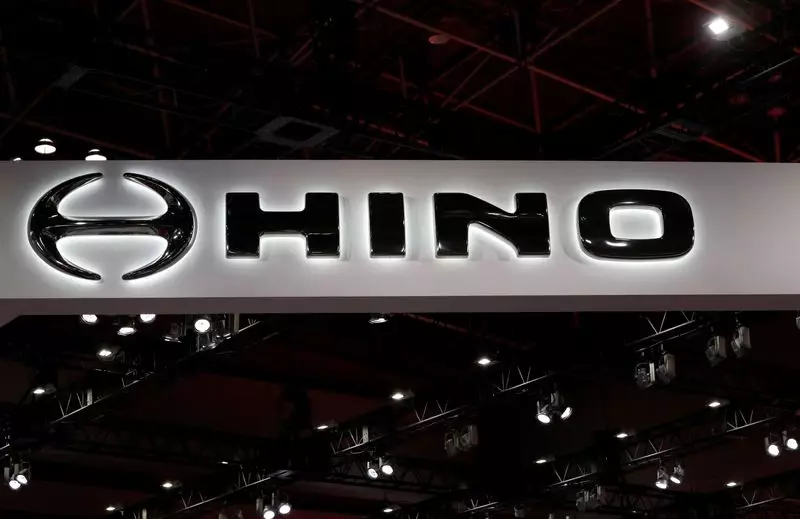The automotive industry has been rocked once again by allegations of emissions cheating, this time involving Hino Motors, a subsidiary of the renowned Japanese automaker Toyota. The company has entered into a substantial $1.6 billion settlement with U.S. regulatory authorities after admitting to excessive diesel engine emissions that affected over 105,000 vehicles sold in the United States.
Between 2010 and 2022, Hino Motors unlawfully marketed heavy-duty diesel engines that did not meet required emissions standards. This practice constitutes a serious breach of environmental regulations and consumer trust. The District Court in Detroit charged the company with fraud, a significant indictment for any manufacturer, particularly one with the reputation of Toyota, which prides itself on its commitment to innovation and sustainability.
Hino’s actions are not merely an isolated incident; they reflect a concerning trend within the automotive sector, where several manufacturers have previously engaged in deceptive practices regarding emissions. In Hino’s case, a report commissioned by the company itself indicated that the illegitimate actions surrounding emissions data falsification traced back to as early as 2003.
The settlement, pending approval from a U.S. judge, encompasses a comprehensive financial structure involving several penalties. Of the total amount, $521.76 million is designated as a criminal penalty, while $442.5 million is allocated to civil penalties toward U.S. authorities. Furthermore, $236.5 million will be paid to California due to the state’s stringent air quality regulations.
In addition to the financial ramifications, Hino has consented to a five-year probation period, a measure designed to foster a renewed compliance culture within the company. During this probation, Hino is banned from importing any diesel engines it produces into the U.S. This self-imposed exile from the lucrative American market could significantly impact Hino’s revenue stream and market positioning.
The gravity of Hino’s misdeeds extends beyond legalities; it poses environmental repercussions that cannot be overlooked. By allowing extensive air pollution through their actions, the company undermined efforts aimed at advancing clean air initiatives and reducing the carbon footprint related to automotive emissions. Assistant Attorney General Todd Kim labeled Hino’s actions as “an egregious violation” of essential regulations, emphasizing the broader implications for environmental justice.
In response to the transgressions, the Environmental Protection Agency (EPA) described Hino’s admission of submitting fraudulent applications for engine certification approvals, manipulating emissions test data, and engaging in improper testing processes as alarming breaches of ethical conduct in the industry. It raises pertinent questions about the integrity of certification procedures and the accountability of manufacturers in ensuring compliance with environmental standards.
Responding to the fallout, Hino’s President Satoshi Ogiso highlighted recent changes within the company’s culture and operational oversight. The statement emphasized that the resolution of this issue represented a critical milestone in rehabilitating Hino’s corporate identity and operational ethics. Such assertions prompt skepticism but also hope that Hino is genuinely committed to effective compliance practices going forward.
However, this episode serves as a stern reminder of the automotive industry’s ongoing struggle with emissions integrity. The investigation initiated by the California Air Resources Board in 2019 exposed the vulnerabilities in Hino’s operations, exemplifying how regulatory oversight must remain vigilant to ensure compliance and safeguard public health.
As the industry moves towards a future that increasingly prioritizes sustainability, instances like Hino’s underscore the need for stringent oversight and accountability. Consumers are becoming more acutely aware of corporate ethics, and any lapse can tarnish a brand’s reputation and consumer trust. Following the Volkswagen emissions scandal, which saw that company pay over $20 billion in penalties, Hino’s liability signals a continuing push for greater transparency within the automotive sphere.
While Hino Motors may seek to move beyond these significant legal and ethical challenges, the ramifications of their actions will undoubtedly reverberate within the industry for years to come. Only through rigorous reform and adherence to environmental responsibilities can trust be restored in a sector increasingly under scrutiny for its impact on health and the environment.

